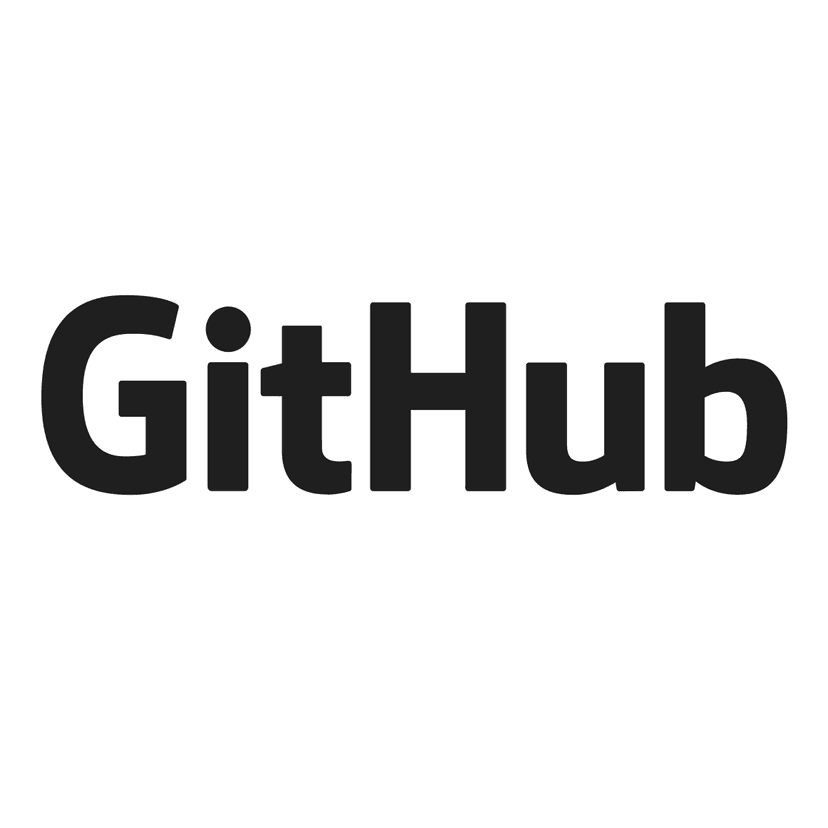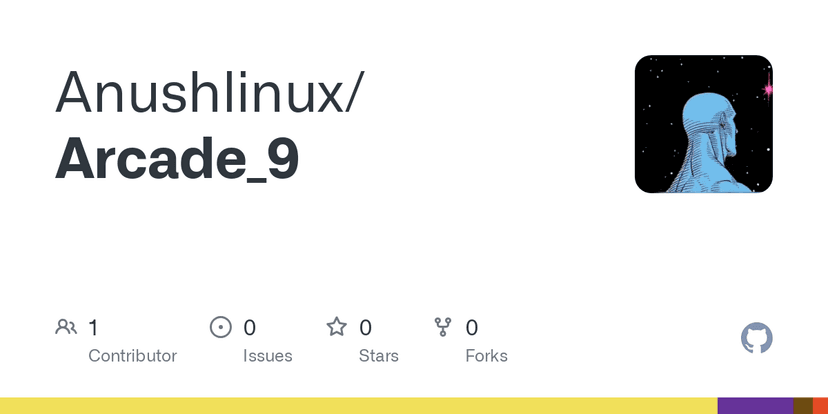Full Stack Image Generation App
Description
This application allows users to generate images from text descriptions using a Dalle-based model. It combines a frontend user interface for submitting text prompts and a backend server for processing those prompts and generating images.
Tech Stack
• Frontend: [Frontend Technology] (e.g., React, Angular, Vue.js)
• Backend: [Backend Technology] (e.g., Python with Flask or Django, Node.js with Express)
• Machine Learning Model: Dalle (or similar image generation model)
Installation
1. Clone this repository:
2. git clone github.com/your-username/full-stack-image-generation-app.git
3.
Install dependencies:
# Navigate to the project directory
cd full-stack-image-generation-app
# Install frontend dependencies (adjust based on your chosen framework)
npm install # or yarn install
# Install backend dependencies
pip install -r requirements.txt # or npm install (if using Node.js)
1.
2.
3. Set up the Dalle model:
◦ Download the pre-trained Dalle model weights (if applicable).
◦ Configure the backend code to load the model weights from the correct location.
◦ Follow the instructions for setting up the Dalle model (these may vary depending on the specific implementation you're using).
*Running the application*
1. Start the backend server:
2. # (For Python backend)
3. python backend/app.py
4.
5. # (For Node.js backend)
6. node backend/server.js
7.
Run the frontend development server:
# (adjust based on your chosen framework)
npm start # or yarn start
Access the application in your web browser at localhost:3000 (or the port specified in your frontend configuration).
github link: github.com/Anushlinux/Arcade_9

















